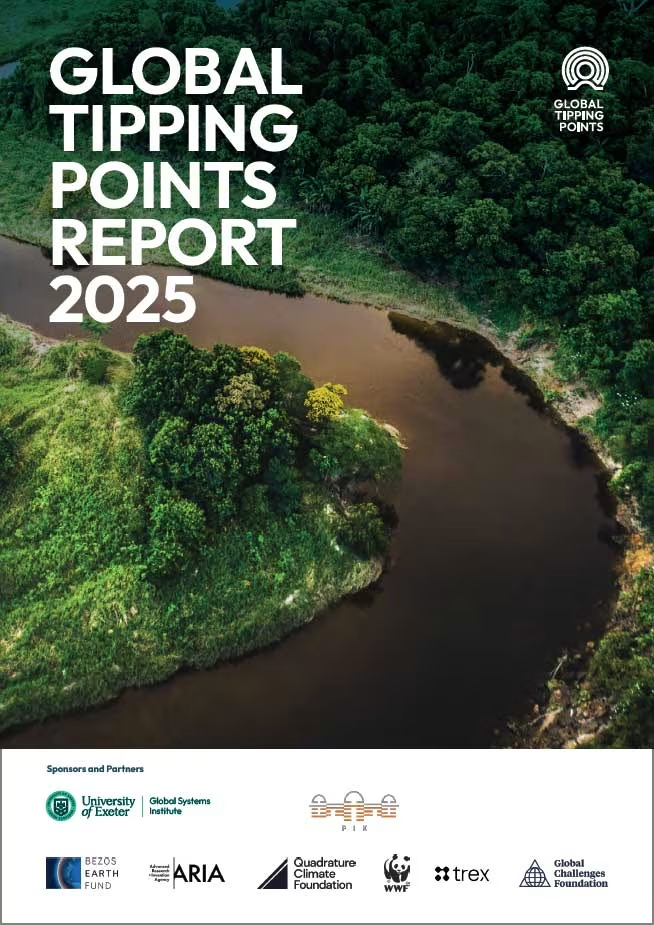Land degradation is a threat to global sustainability and heightened concerns over climate change impacts on ecosystem services underscore the importance of forest land cover as a carbon sink, habitat for biodiversity, and support for livelihoods and quality of life. Recognizing the need for large-scale restoration to counter degradation and improve vital ecosystem functions and services, international initiatives have set various targets for improving forest ecosystems. These include the Bonn Challenge (150 million ha by 2020), the New York Declaration on Forests (350 million ha by 2030), land net degradation neutrality (LDN) by 2030 set by the United Nations Convention to Combat Desertification (UNCCD), and the goal of no net biodiversity loss, and net positive impacts on biodiversity given by the Convention on Biological Diversity (CBD). Their Aichi Target 15 calls for 15% of degraded lands restored by 2020.
To implement the Bonn Challenge and other international commitments that require forest restoration and conservation, the German Environment Ministry (BMU) approved a four-year project led by the World Resources Institute called “Inspire, Support and Mobilize Forest and Landscape Restoration.” As one of the partners in this effort, IUFRO is pro- viding scientific information, knowledge and expertise on ecological, social and economic aspects of forest landscape restoration (FLR). This report is the result of a team of scientists from relevant IUFRO units who focused on the potential for FLR to contribute to climate change mitigation and adaptation, the linkages between adaptation and mitigation, and the reciprocal benefits to FLR.






